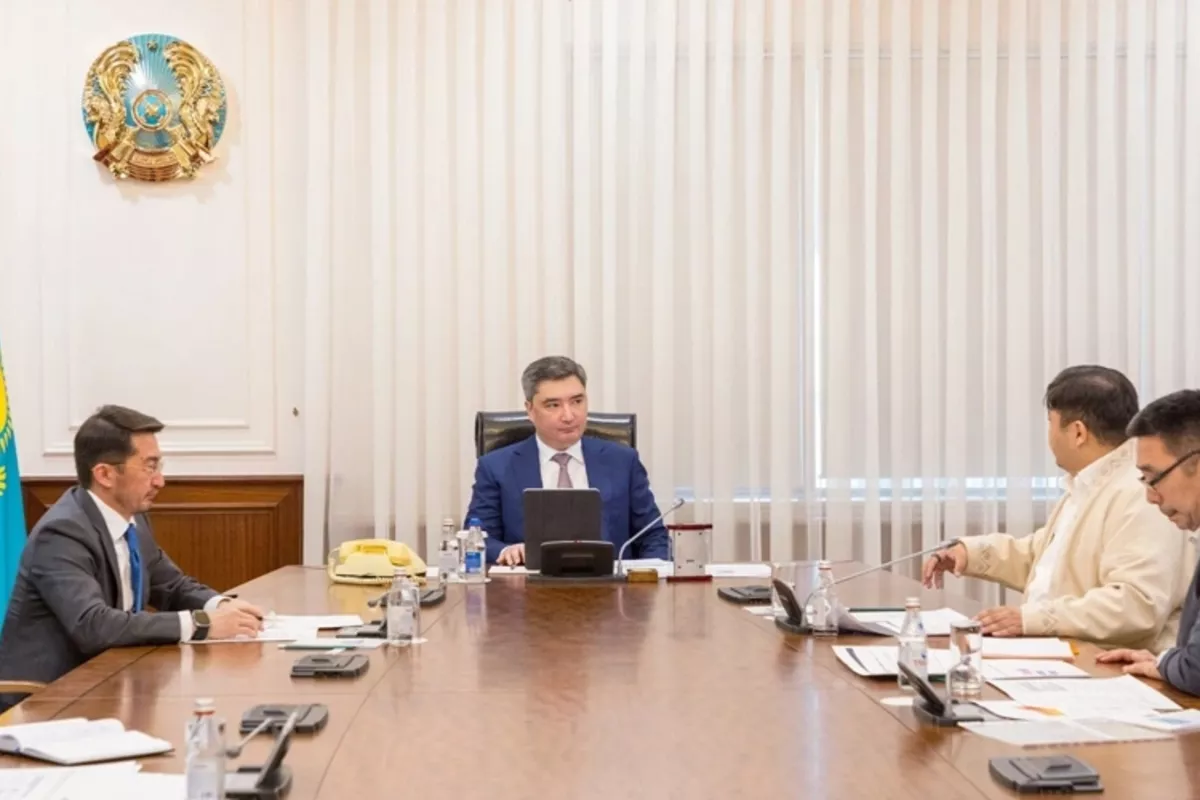
photo: primeminister.kz
Kazakh Prime Minister Olzhas Bektenov has met with leading representatives of Kazakhstan’s tech sector to discuss government support for innovative AI-driven startups in education, sports, and manufacturing.
The meeting was held in line with President Kassym-Jomart Tokayev’s recent policy address, “Kazakhstan in the Era of Artificial Intelligence: Current Challenges and Solutions through Digital Transformation,” which emphasizes the country's commitment to digital innovation and technological sovereignty, The Caspian Post informs via Kazakh media.
Smart Tools for Schools and Sports
A highlight of the session was a presentation by Paradigm Shift (CodiPlay), a domestic IT company developing AI-powered solutions aimed at transforming the education and sports sectors.
Among its flagship products is AI Kitap, an intelligent digital textbook platform that personalizes educational content based on each student’s learning level. The system is designed to track progress and identify knowledge gaps in real time. A working prototype has been developed, and integration with Kazakhstan’s Aitu mobile app is already underway.
Also presented was OlympIQ, a technological platform that uses artificial intelligence to process data in areas such as athlete performance, medical diagnostics, and operational planning for sports organizations. Early versions of the software have been completed, and pilot programs are being planned in collaboration with select schools and sports federations.
National AI Strategy in Motion
Bektenov emphasized the strategic role of artificial intelligence in Kazakhstan’s long-term development. He reaffirmed the government’s readiness to fully support domestic developers and encouraged further integration of AI technologies in key sectors.
“Artificial intelligence is not just a trend-it is a national priority,” Bektenov stated. “Kazakhstan is committed to building a competitive digital economy by empowering local innovation.”
The prime minister was also briefed on additional AI-based projects being designed to optimize production, logistics, energy systems, and transport infrastructure. These technologies aim to improve forecasting, reduce operational costs, and minimize risks across industries.
To advance these initiatives, Bektenov instructed relevant government agencies to assess the proposals and explore mechanisms for state backing, including public-private partnerships and pilot integration programs.
Share on social media